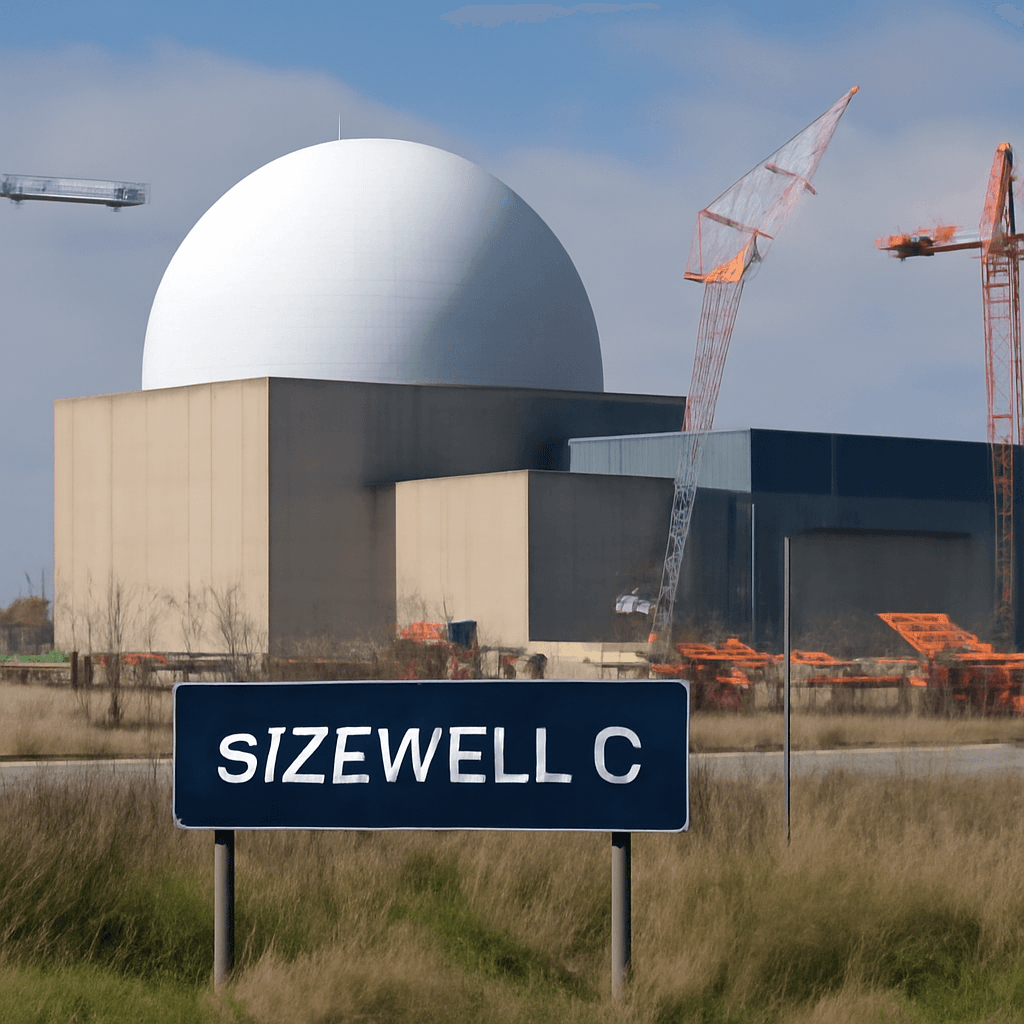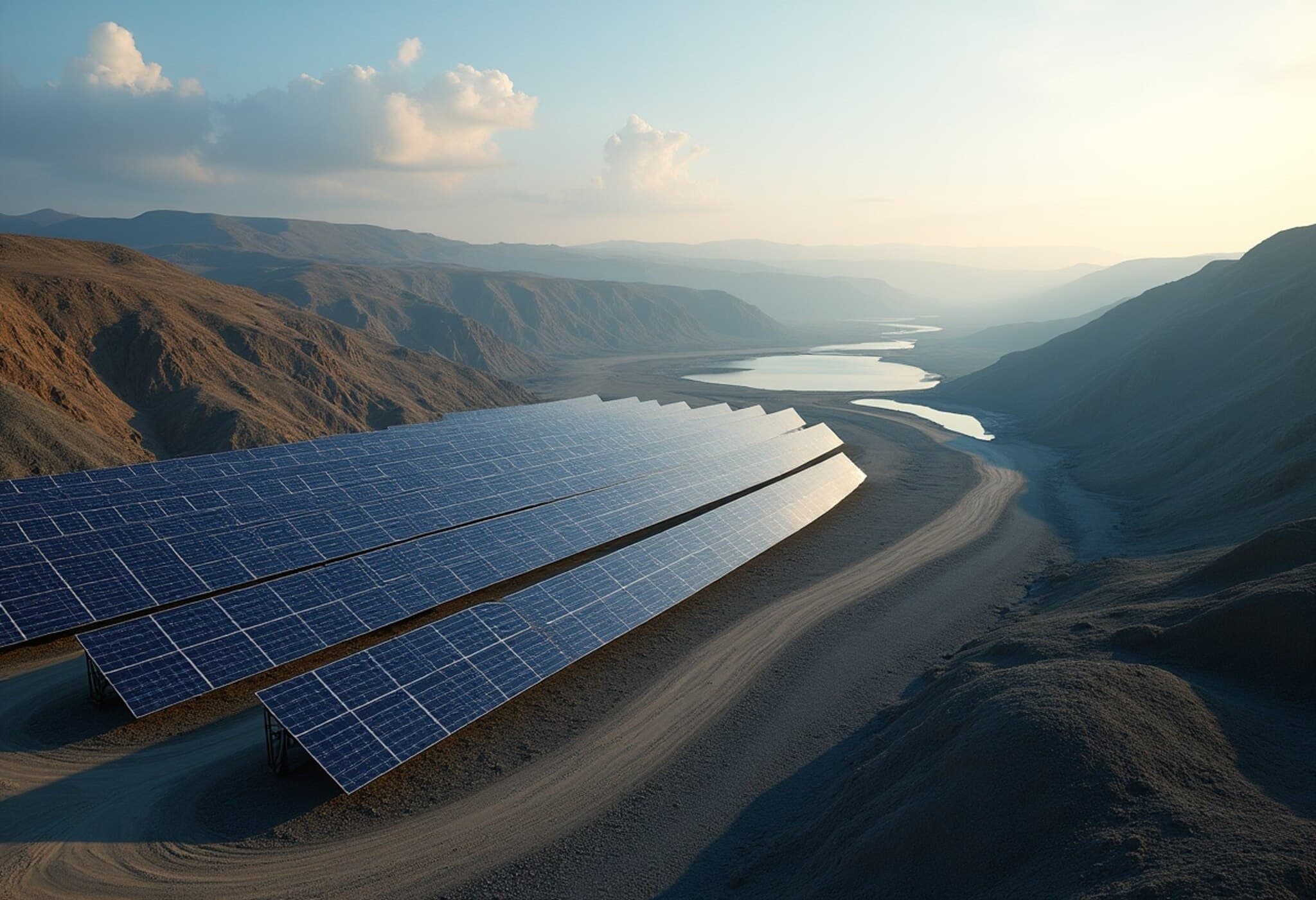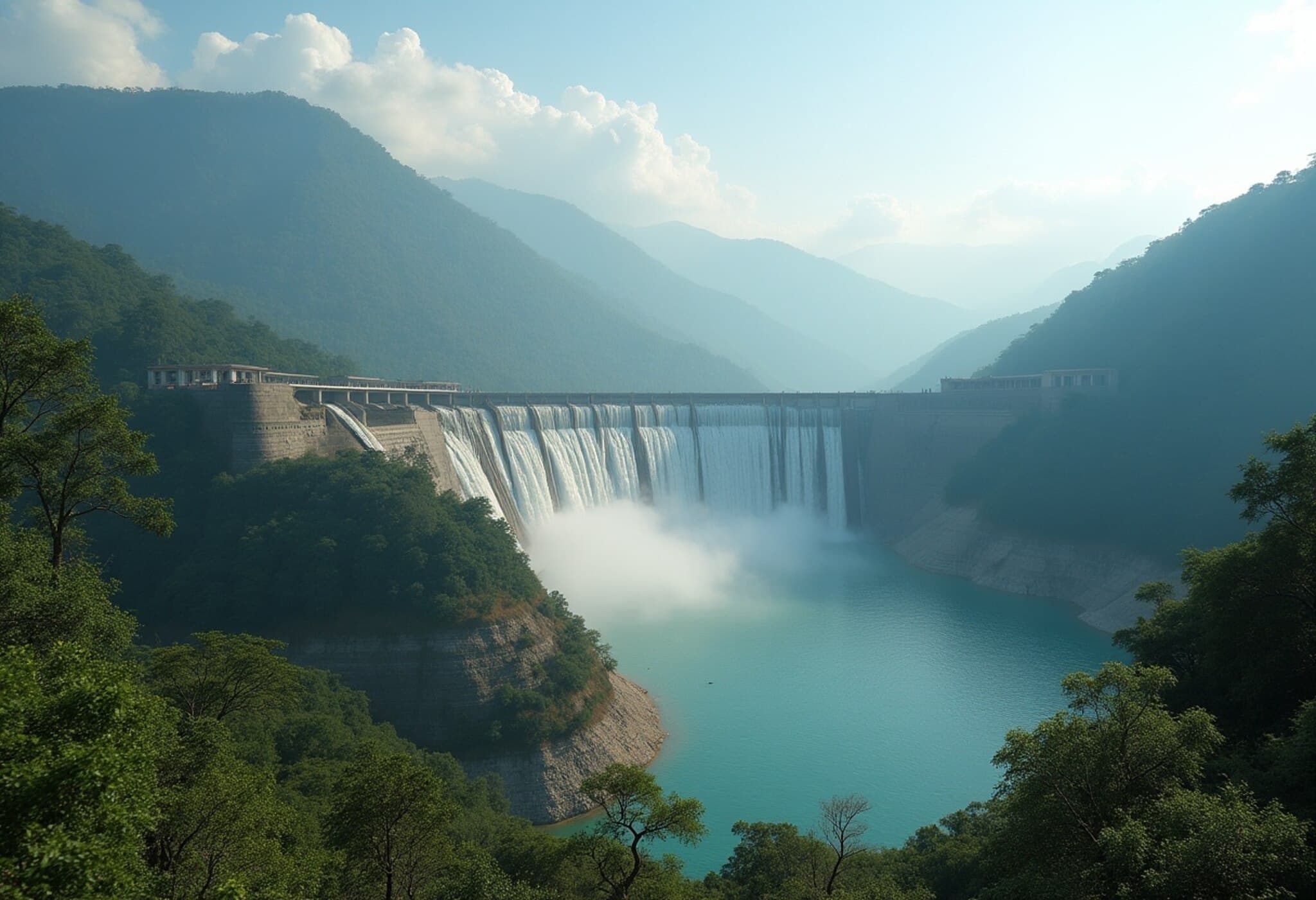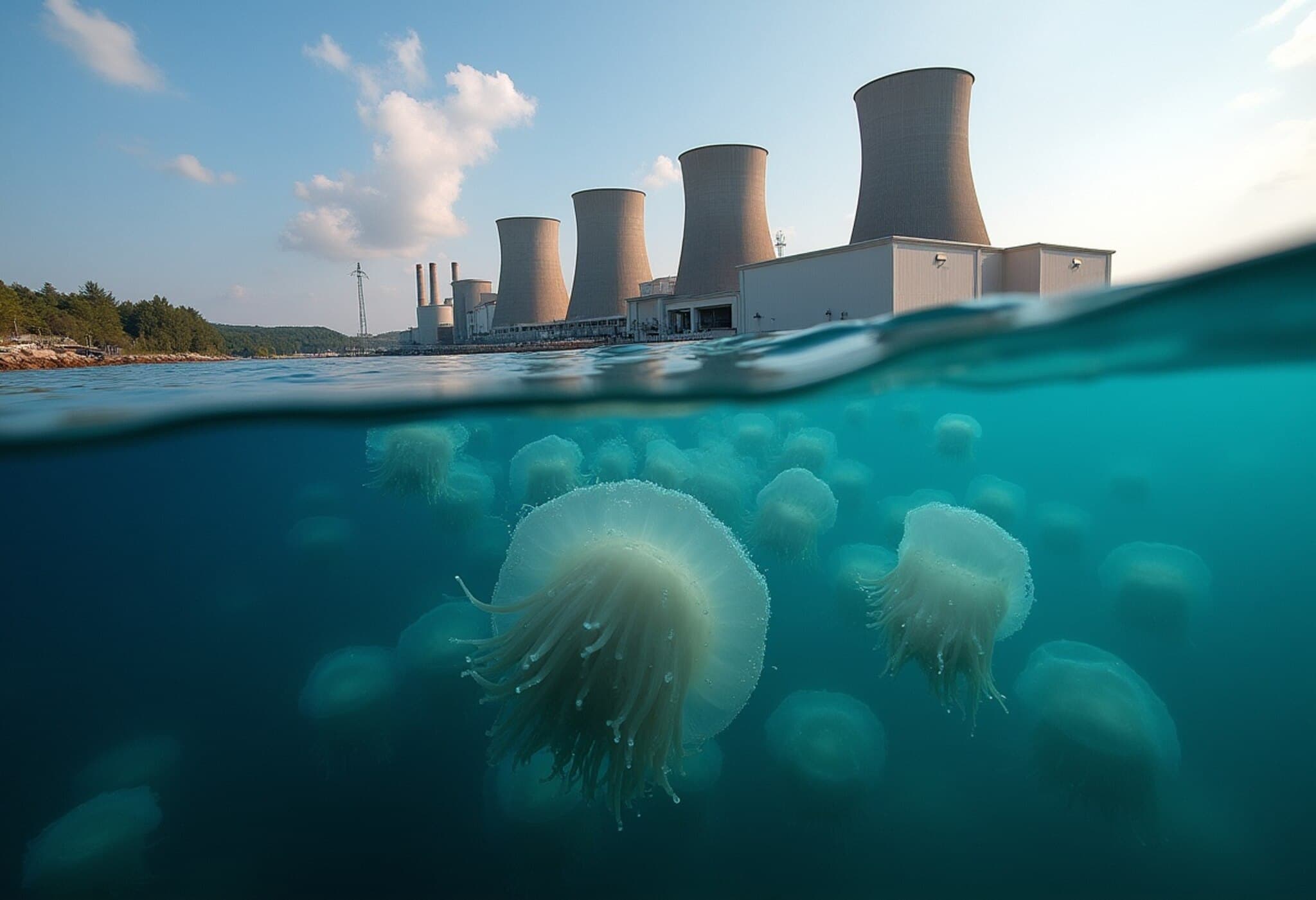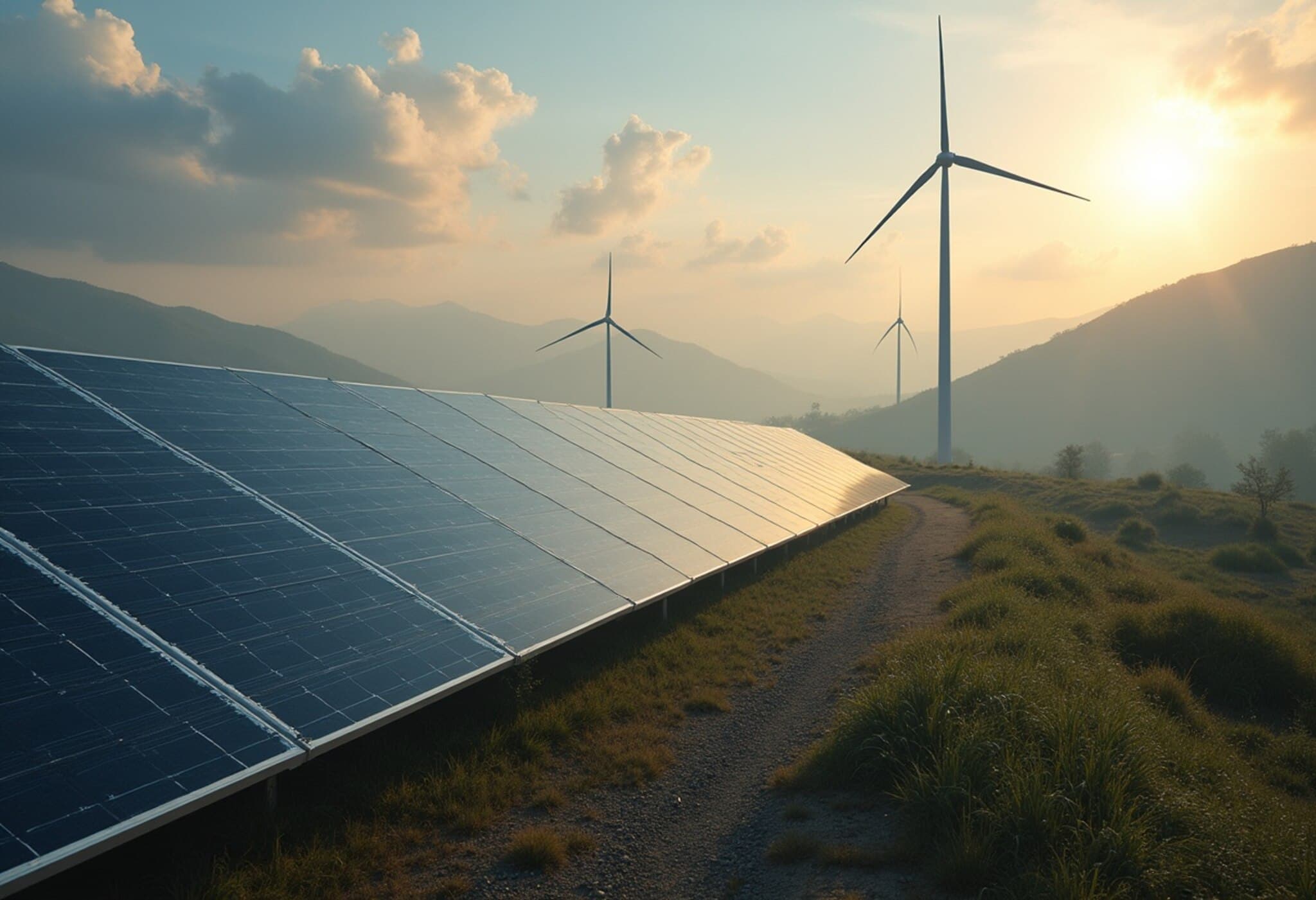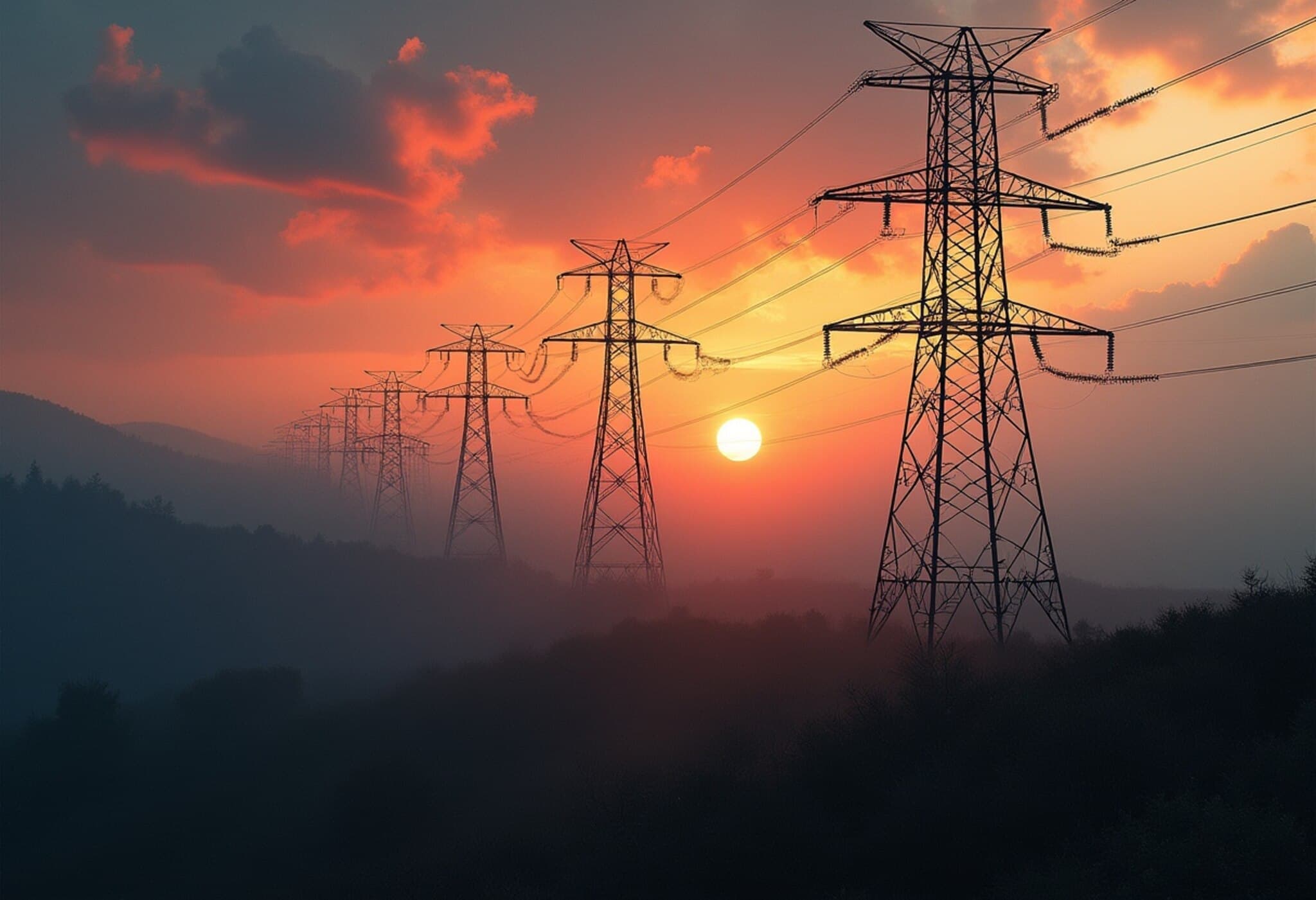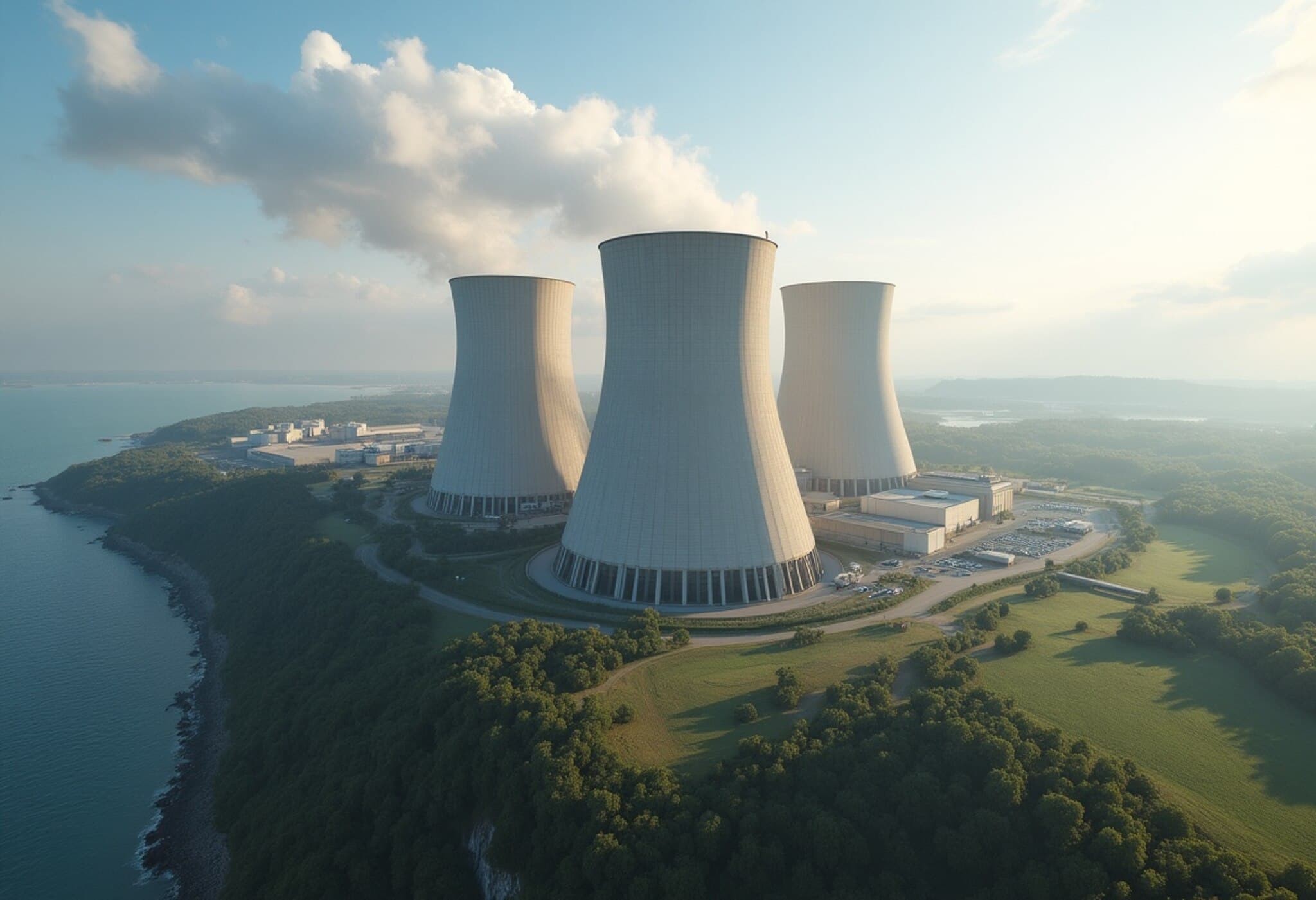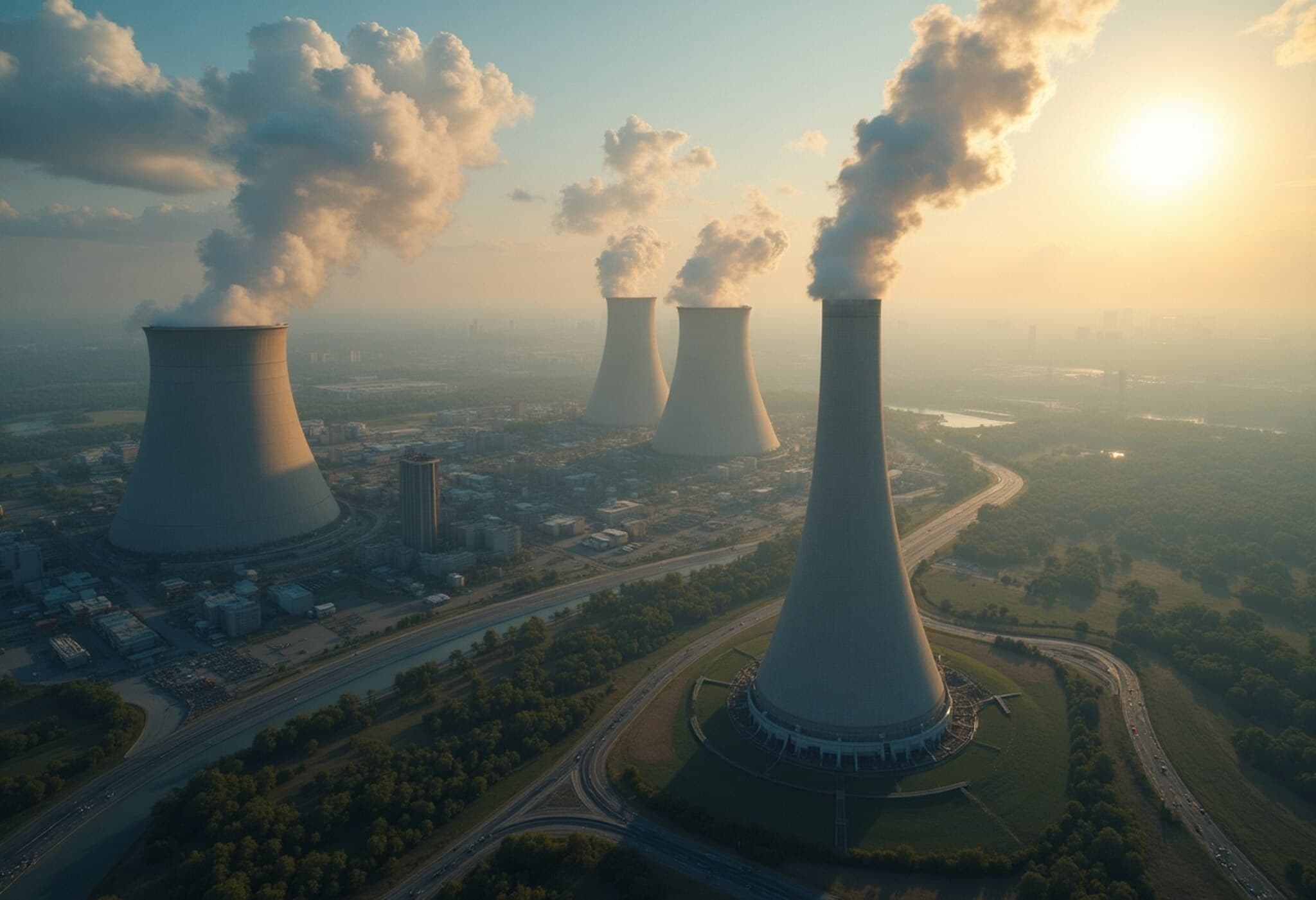UK Commits $19 Billion to Build Sizewell C Nuclear Power Plant
The United Kingdom has announced a bold investment of 14.2 billion pounds ($19 billion) to construct a new nuclear power facility, marking the first major nuclear plant development since the 1990s. This landmark decision aims to reduce the nation's dependence on unpredictable fossil fuel markets and boost its energy sovereignty.
Prime Minister Emphasizes Energy Independence
Prime Minister Keir Starmer criticized earlier administrations for their delays in nuclear power advancement. Highlighting the importance of self-generated energy, he stated this plan will enhance national security and protect the UK from external energy pressures, alluding to geopolitical tensions that have previously affected energy supplies.
"Having control over our own energy means we are shielded from international disruptions and can stabilize prices for businesses and households alike," Starmer explained.
Sizewell C to Power Millions with Clean Energy
The Sizewell C project, located on England’s east coast in Suffolk, is expected to deliver enough low-carbon electricity to power approximately 6 million homes once operational, projected in the 2030s. This development represents a significant step toward the UK’s goal of decarbonizing its electricity grid by 2030 by replacing fossil fuels with cleaner alternatives.
Small Modular Reactors and Job Creation
Additionally, the government has chosen Rolls-Royce as the preferred partner to develop several small modular reactors (SMRs), a technology anticipated to provide power to around 3 million homes and support energy-demanding industries such as AI data centers.
The Treasury emphasized the economic boost expected from Sizewell C, forecasting the creation of about 10,000 jobs throughout its construction and operation. This fresh investment supplements an existing government commitment of 3.7 billion pounds toward the project.
Challenges and Environmental Concerns
Despite its potential benefits, the Sizewell C project faces criticism. Opponents argue that nuclear plants require more time and money compared to renewable energy sources like wind and solar. Environmentalists express concerns over potential damage to local wildlife habitats, including those of otters and marsh birds.
Over the weekend, approximately 300 protesters gathered near the construction site showing their opposition. Jenny Kirtley, a local campaign leader, expressed skepticism about meeting net-zero targets given the long timeline for project completion.
Looking Ahead
The UK’s nuclear initiative reflects its strategic shift towards energy security and carbon reduction, balancing economic growth and environmental responsibility amid evolving global energy challenges.

